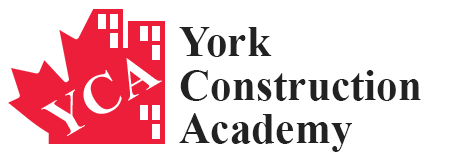Module: Blueprints & Foundation
Reading, Interpreting & Sketching Blueprints, Understanding Different Types of FoundationsBlueprint Training Class
- Reading and interpreting blueprints and drawings to determine specifications and calculate requirements.
- Preparing layouts using proper measuring tools and mathematical formulas to complete and finish projects.
- Understanding of title boxes, symbols, dimensions and working on sketch drawings.
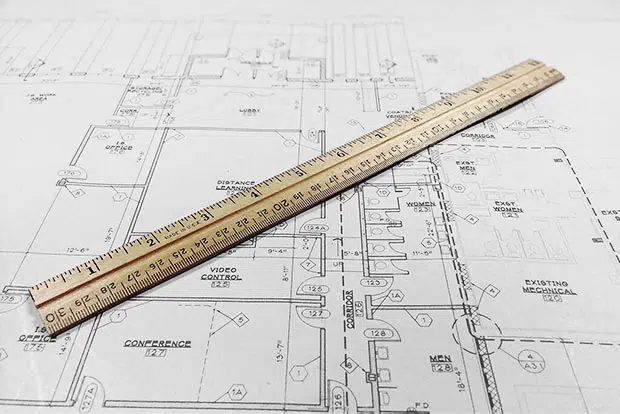
Practical and Theoretical Blueprint Training Courses
If you are looking to learn how to read and interpret blueprints and construction drawings for any building or renovation project. Our course will provide you with the most complete and up to date blueprint course for reading and understanding architectural plan drawings.
Our reading blueprints course specializes in giving you practical and theoretical knowledge of interpreting design plans for all construction and renovation projects.

Blueprint Symbols and Architectural Systems
If you are looking to learn how to read a blueprint for a house, condo, kitchen, bathroom, bedroom, outdoors deck, swimming pool, basement, living room, gazebo and any other project you will need to be aware of the many different types of symbols and measurements that are involved in all blueprinting charts that are of the same standard and used by all construction workers in the industry to identify problems and plan measurements, concepts and make work more efficient.
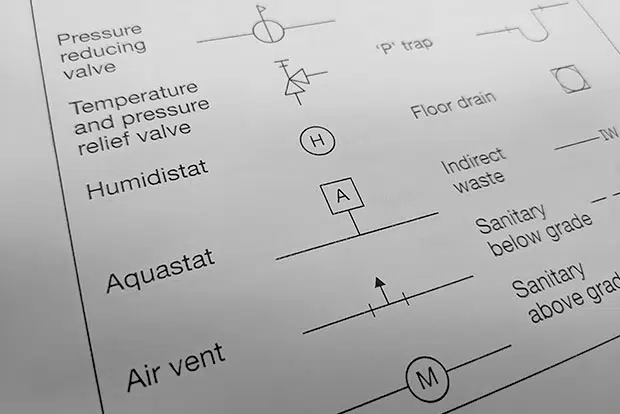
Work with a Team to Read and Draw Blueprint Charts
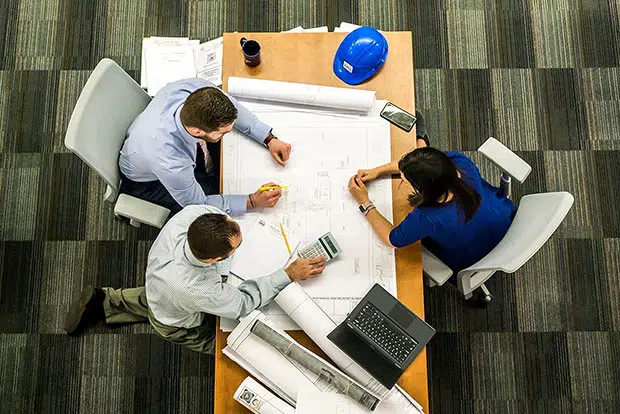
Foundation Construction Training Course
- Understanding of concrete slab, post and pier, parameter and basement wall foundation in residential construction.
- Training in different types of foundations and footing in different aspects of outdoor residential construction such as deck and fences.
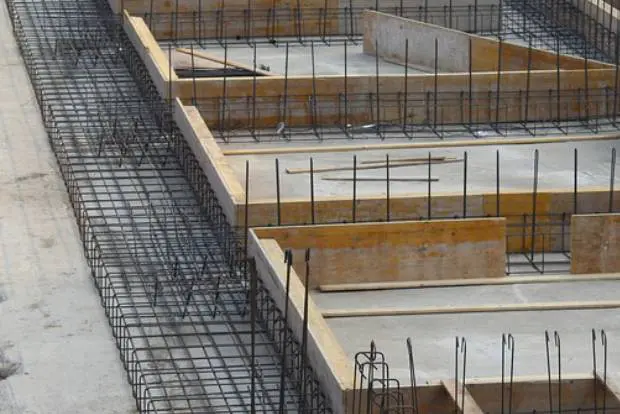
We Are a Skilled Trades College for Foundation Training
At YCA you will learn everything about the different types of foundations, choosing the right foundation, whether it is a concrete-slab, perimeter-wall, post-and-pier, full-basement, pier-and-grade beam, or all-weather wood foundation. These foundations depend on the type of design of the building or structure, the climate of the area etc.
You will learn how to build a foundation, what tools are needed to build a foundation and all the steps of what goes into a commercial or residential foundation structure.
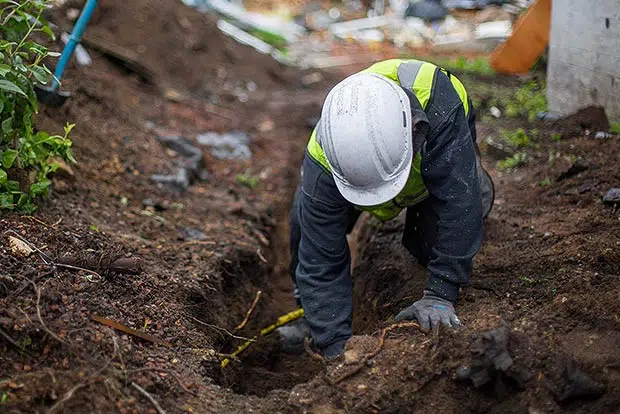
What Are Some of the Tools Needed for Building a Foundation?
If you were thinking a shovel, you are not wrong. However foundations are usually started by renting of heavy equipment excavators or else you can be there for a few months or more digging depending on the size of the building.
You will need a Tape Measure, Mason’s Hammer, Framing Hammer, Sledge Hammer, Builder’s Level, Wheelbarrow to get started and depending on the type of foundation up to 45 other tools.
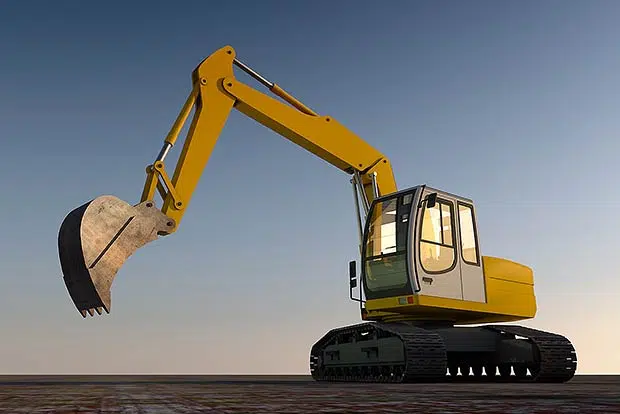
Choosing The Right Foundation
Perimeter Walls, Basements, or Concrete Slab? We provide you with all of the options to consider when choosing the right foundation for your structure. The type of foundation depends on a wide range of factors or preferences or even geography.
At YCA Construction Trades School, you will receive the most complete theoretical construction foundation building training course with step by step instructions on all areas how to build a foundation.
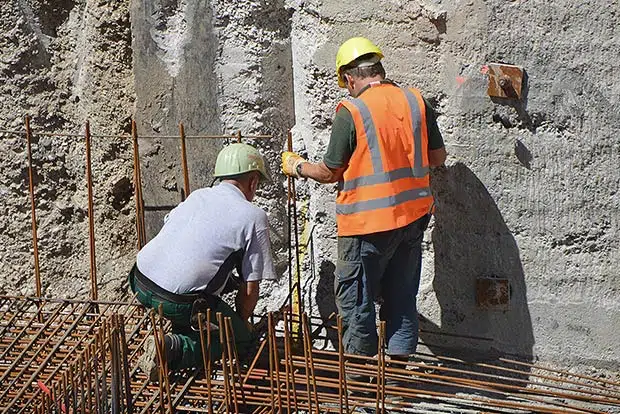
Full-Time Construction and Renovation Classes Start: August 5, 2025 – October 31, 2025
Part-Time Construction and Renovation Classes Start: August 16, 2025 – November 16, 2025
For more information request a brochure or give us a call at +1 (416) 630-5559.
Request Brochure & More Information
Our Reviews
I am excited to go to work as I feel ready to be in construction industry.
All the instruction included indept knowledge both in virtual and practical classes along with professional experience.
I will recommend York Construction Academy if anybody wants to persu their career in Constructionbussiness.
Virtual: Nardo is very patient and always provides a great deal of knowledge from his experiences. You learn each of the stages of building a home, and learn some background about condos.
Practical: B and Milan are an absolute blast to learn from. They try to create the environment of you working on a job site so you are job ready when you graduate. They help you with better techniques and provide you with insight on how to use material best/efficiently.
My only advice would be to give your best in both the virtual and practical because you get what you put in. The instructors are a great resource but ultimately comes down to you if you want to learn the right way!




